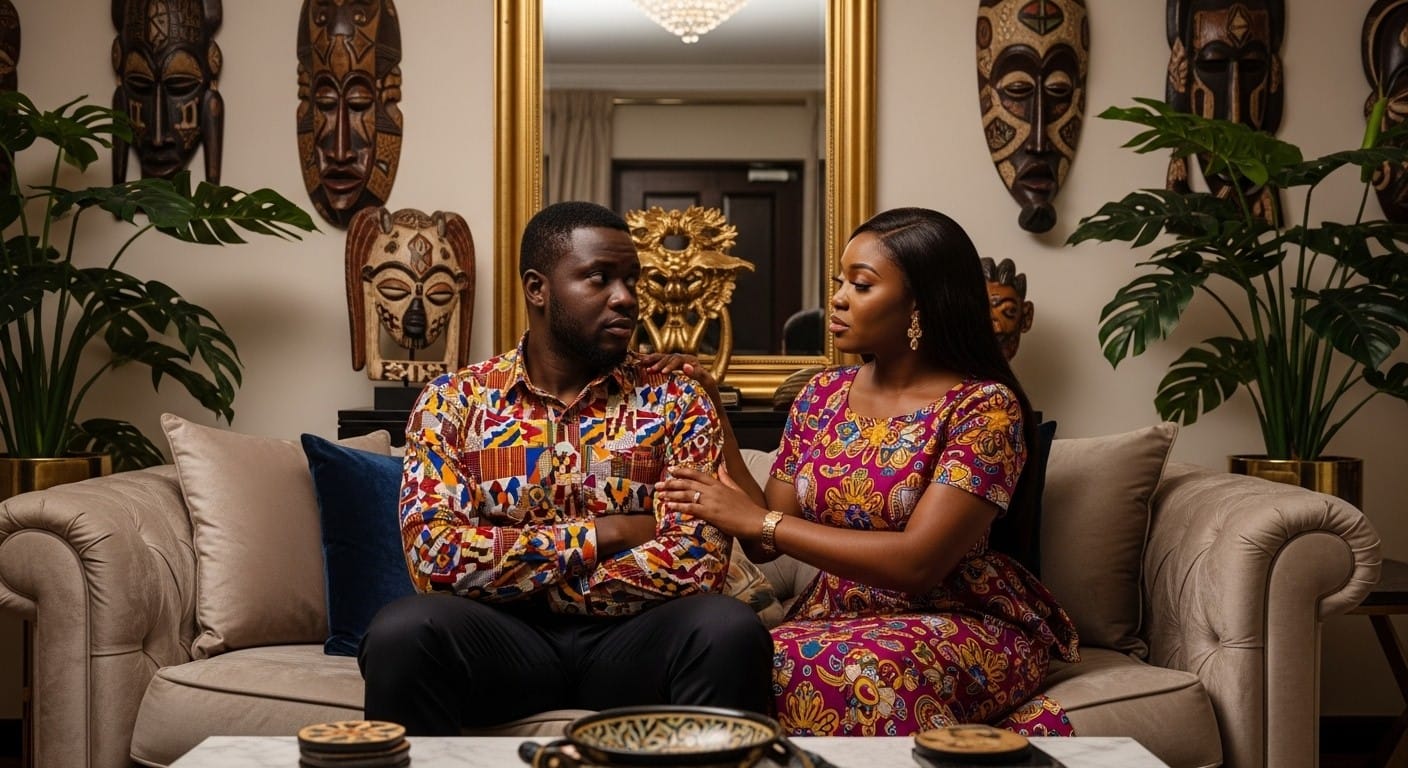When Your Partner’s Personality Changes After Marriage: What’s Really Going On?
It’s a deeply unsettling experience: the person you married seems to have transformed overnight. The kind, attentive, and respectful partner you fell in love with has become distant, cold, or even disrespectful. You’re left wondering, “Were they lying the whole time? Did I miss the warning signs?” This phenomenon of a personality changing after marriage isn’t just a painful anecdote; it’s a recognized pattern that researchers have studied. The truth is, a combination of psychological factors and natural adaptation is often at play.
While it can feel like a “bait and switch,” the reasons behind these shifts are complex. They range from a partner finally revealing their “true self” to predictable personality adjustments that occur as two people merge their lives. Let’s explore the science and psychology behind why your partner might seem like a different person after saying “I do.”
The “Mask Off” Moment: Was It All an Act?
One of the most common and painful explanations is that the pre-marriage persona was not entirely authentic. Dr. Stephen B. Karpman, in his work on relationship dynamics, discusses the idea of a “false self.” Some individuals, often driven by a deep-seated need to please others or a fear of rejection, adopt a personality they believe will be most attractive to a potential spouse.
- The Pleaser Identity: They might act exceptionally affectionate, helpful, or aligned with your interests to “close the deal.” Once the security of marriage is established, maintaining this facade becomes exhausting, and their more authentic, and sometimes less agreeable, self emerges.
- Unconscious Blind Spots: On the other side, the partner who feels “tricked” may have been so focused on the dream of marriage that they unconsciously overlooked subtle red flags. Their own needs and desires might have made them see what they wanted to see, rather than who their partner truly was.
When this happens, it’s crucial for both partners to work toward authenticity. It requires empathy, difficult conversations, and a willingness to renegotiate the relationship based on who you both genuinely are, not who you pretended to be.
How Science Explains Personality Shifts in Marriage
Beyond conscious or unconscious pretense, major life events like marriage are proven to cause real, measurable changes in personality. Psychologists often use the “Big Five” personality model to understand these shifts. This theory provides a clear lens to see what’s really going on with these post-wedding personality shifts.
The Big Five traits, often remembered by the acronym OCEAN, are:
- Openness: How open you are to new experiences and ideas.
- Conscientiousness: How organized, dependable, and disciplined you are.
- Extraversion: How outgoing, sociable, and energetic you are.
- Agreeableness: How cooperative, compassionate, and trusting you are.
- Neuroticism: How prone you are to negative emotions like anxiety and moodiness (the opposite being emotional stability).
Key Personality Changes in Newlyweds: A Research-Backed Look
A landmark study by psychologist Justin Lavner and his colleagues tracked 169 newlywed couples over their first 18 months of marriage. They observed distinct and predictable personality changes in both husbands and wives, suggesting that adapting to a long-term committed relationship causes these traits to evolve.
| Personality Trait | Changes in Husbands | Changes in Wives |
|---|---|---|
| Openness | No significant change. | Became less open, possibly reflecting an acceptance of marital routines. |
| Conscientiousness | Became more conscientious, likely due to learning the importance of being dependable. | No significant change (women already tended to be higher in this trait). |
| Extraversion | Became more introverted, as married couples often narrow their social circles. | No significant change. |
| Agreeableness | Became less agreeable. | Became notably less agreeable, suggesting they were learning to be more assertive. |
| Neuroticism | Slight increase in emotional stability. | Significant increase in emotional stability (less neuroticism), possibly due to the security of commitment. |
These findings show that many changes are not negative but are adaptations. For example, a wife becoming less agreeable might mean she’s finding her voice and learning to advocate for her needs within the partnership, a crucial skill for long-term success.
Personality and the “Honeymoon Phase”
Research confirms that for many couples, marital satisfaction tends to decline after the first year or two. The initial personality of each partner plays a significant role in how steep this decline is.
- Husbands who were high in openness at the start of the marriage showed a much smaller drop in happiness. Their curiosity and willingness to try new things may have kept the relationship from feeling stale.
- Wives who were low in neuroticism (more emotionally stable) from the beginning also maintained higher satisfaction. Their steady emotional keel provided a stable foundation for the relationship.
This highlights that while personality can change, the traits you both bring into the marriage are a powerful predictor of its long-term trajectory.
What To Do When Your Partner Seems to Have Changed
Seeing your spouse’s personality shift can be alarming, but it doesn’t have to signal the end. Understanding that a partner’s personality can change after marriage is the first step toward navigating this new dynamic.
- Acknowledge the Research: Recognize that some changes are a normal part of adapting to married life. Your husband’s increased introversion isn’t necessarily a rejection of you, but a common shift as couples build a shared life.
- Communicate with Empathy: Instead of making accusations (“You’re not the person I married!”), express how the changes make you feel (“I feel distant from you lately, and I miss our old connection”).
- Focus on Authenticity: If you suspect the “false self” was at play, open a conversation about your true needs and expectations. This is a chance to rebuild your connection on a more honest foundation.
- Build New Patterns: Research shows that couples also grow in positive ways, such as increasing their capacity for self-control and forgiveness. Focus on actively building these skills together to navigate the inevitable conflicts of a shared life.
Ultimately, a person’s core character rarely does a complete 180-degree turn. More often, marriage acts as a catalyst, either revealing a truer self that was hidden or shaping both individuals in subtle but significant ways as they learn to function as a unit.











